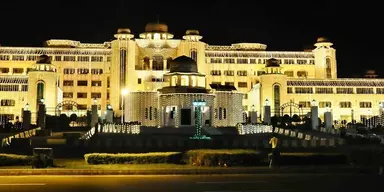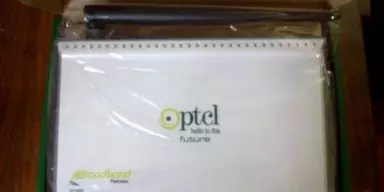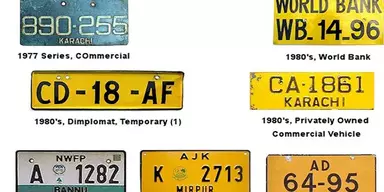MMS featuring nude Mona Singh went viral on streaming as well as social media in the last couple of months. Mona Singh, who is a very famous Television actress in India, was in a deep trouble during the last two months as this MMS was leaked. She did not waste any time and filed a complaint against this video. The complaint was filed with Mumbai Police cyber-crime department. She became famous after she appeared in the TV drama serial ‘Jassi Jaisi Koi Nahi’. She is shown completely naked in the video. She looks into the camera and moves naked from one room to the other. She heard the news when she was on the set of drama serial ‘Kya Hua Tera Vada’. She wasted no time and left the set of the drama to file a complaint against this video. She claimed while talking to different Newspapers that this video was not original but a morphed one. Now this must be a sigh of relief for Mona Singh as senior officers at the cyber-crime department and other digital experts confirmed that this in fact was a morphed video. Face of the actress was morphed in this video MMS. Additionally cyber forensic experts working at Cyber Lab have released their conclusion on this video saying that this video MMS seems like it has been superimposed. Superimposed is a word used in the digital photography and videography world meaning that the original layer is covered by some other layer of choice. So that means that someone has deliberately edited the MMS video and covered the original face and somewhat put the face of Mona Singh on top. Since the quality of the MMS videos is too blur and the pixel dimensions are too small, it is not really easy to identify the difference. She without any doubt is one of the most successful Indian TV actresses and it is quite obvious that this act is done by someone who cannot swallow her success and in order to destroy her image this video MMS was leaked. It is important to notice that those web portals, which have this video MMS content found on their websites are likely to be penalised. In this regard IT Act 2000 and IPC 1860 are the most notable legal acts that are applicable to this case.















